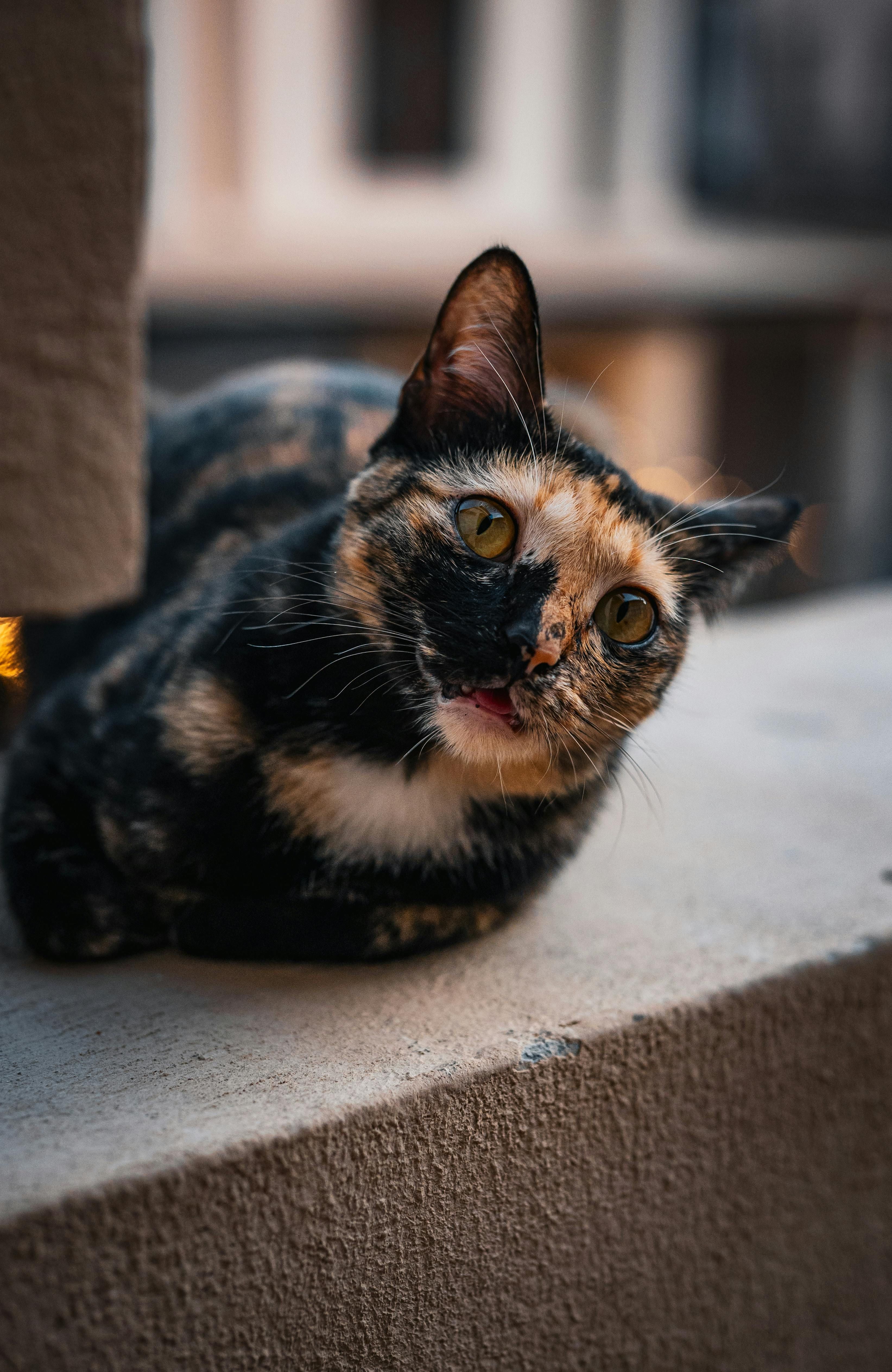Contestant publicly confronts unauthorized dissemination of private images
Rewritten Article:
Meet Jess Davies, a TV host who lived a horrifying ordeal when she was merely 15 years old. Intruding privacy was not a novel concept back then, but the repercussions left a lasting imprint on her life.
Her innocent flirtation with a teenager led to a chain of events she never anticipated. Sharing some private pictures, meant for his eyes only, he cavalierly broadcasted them across town.
She was existing peacefully in her art class, unaware of the storm brewing around her, when her phone began buzzing with strange messages from older boys.
One message read, "Nice pictures," while another questioned, "I didn't think you were that type of girl." Jess soon realized that her personal images had been Bluetooth-ed across the entire sixth-form center, quickly spreading like wildfire across her school, town, and even reaching the men’s football team.
Disclaimer: Includes sexual content and potential triggers
The Untold Battle Against Non-Consensual Image Sharing
In today's digital age, the unauthorized sharing of intimate images has become a distressing phenomenon, known as "revenge porn" or image-based sexual abuse. Consequences can be devastating, especially for young adults.
Existing Legal Provisions
- Numerous U.S. states have enacted legislation that criminalizes the unauthorized distribution of intimate images. Laws vary but essentially offer legal recourse to victims [1].
- The Take It Down Act is a bipartisan bill that targets the illegal sharing of non-consensual intimate images, including AI-generated images. It mandates online platforms to remove such content within 48 hours of a victim's notification [3][4].
Key Features of the Take It Down Act
- Criminalization: The act makes it a crime to publish or threaten to publish intimate images without consent.
- Content Removal: Websites and social media companies are required to remove non-consensual intimate images within 48 hours and delete duplicate content.
- Deepfakes: The act explicitly includes AI-created "deepfakes" in the list of prohibited content [3][5].
Challenges and Concerns
- Enforcement: Critics express concerns about potential censorship and First Amendment issues, as well as the feasibility of enforcing these laws effectively [3][5].
- Victim Support: Advocates stress the importance of comprehensive support for victims, encompassing emotional support and legal assistance [5].
Help and Resources
- Cyber Civil Rights Initiative (CCRI): Offers resources and guidance for victims, including state law information and advice on documenting abuse [1].
- FTC Reporting: Encourages victims to report incidents to the FTC for further action [1].
Episodes like Jess Davies' serve as stark reminders of the need to protect individuals from the detrimental effects of non-consensual image sharing. Although laws and policies aim to provide respite, their effectiveness hinges on effective enforcement and unwavering support for victims.
- Jess Davies, a victim of non-consensual image sharing, experienced a horrifying ordeal at the age of 15, when her private photos were broadcasted across her school and town.
- In the digital age, the unauthorized distribution of intimate images, also known as "revenge porn" or image-based sexual abuse, is a growing concern, particularly for young adults.
- The Take It Down Act, a bipartisan bill, seeks to address the issue by criminalizing the publication of non-consensual intimate images and mandating online platforms to remove such content within 48 hours of a victim's notification.
- The Take It Down Act also includes AI-created "deepfakes" in the list of prohibited content, emphasizing the explicit nature of the prohibition.
- Victims of non-consensual image sharing often require emotional support and legal assistance, making organizations like the Cyber Civil Rights Initiative valuable resources for those affected.








